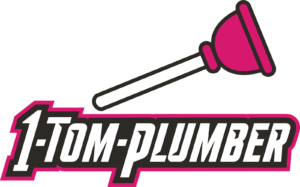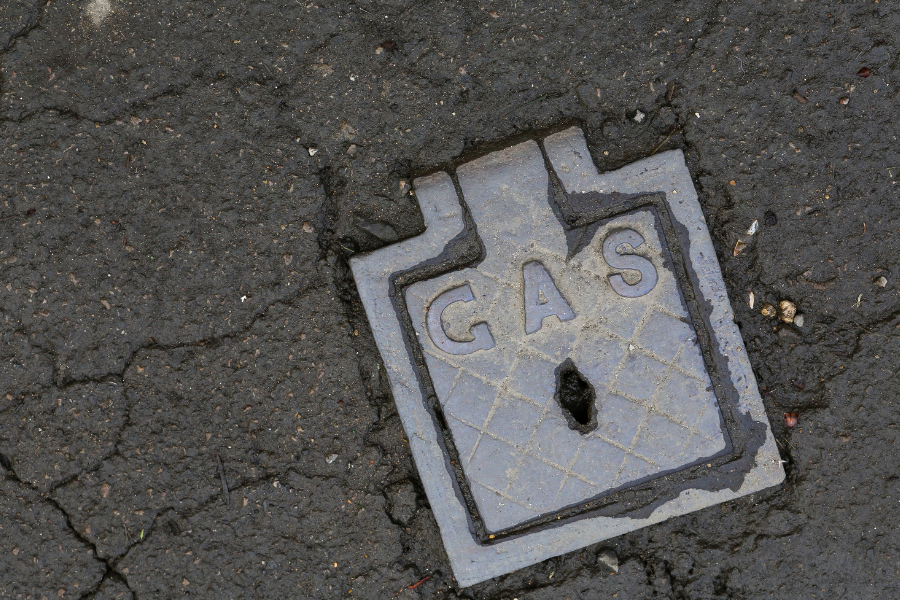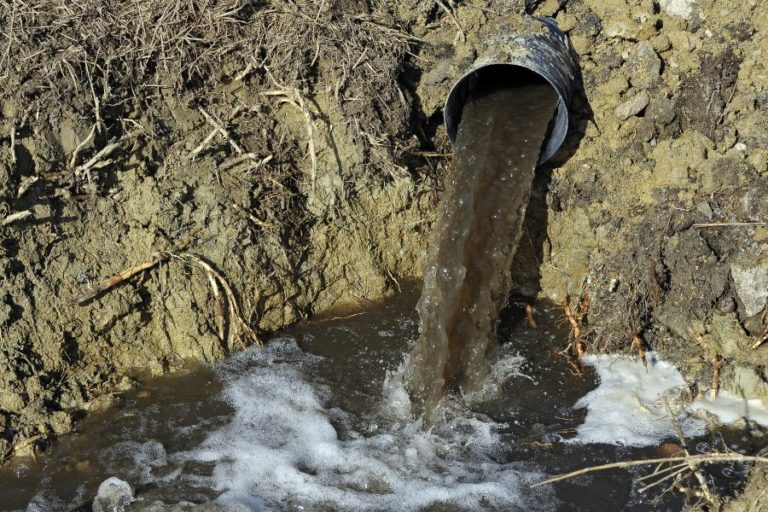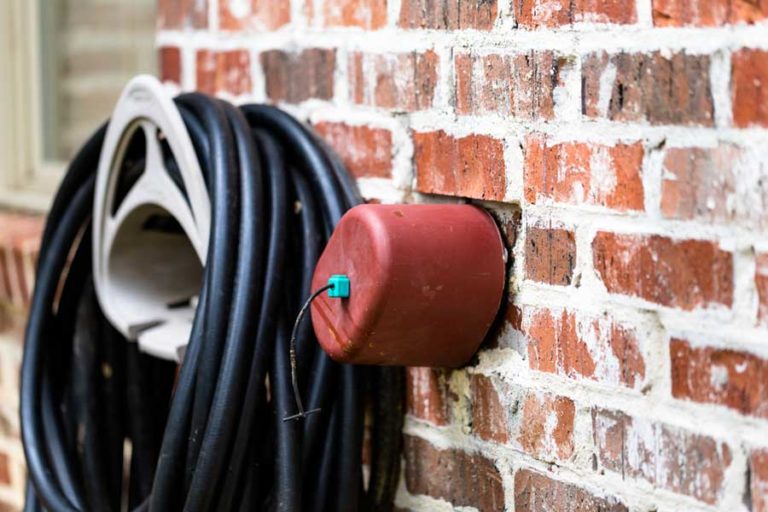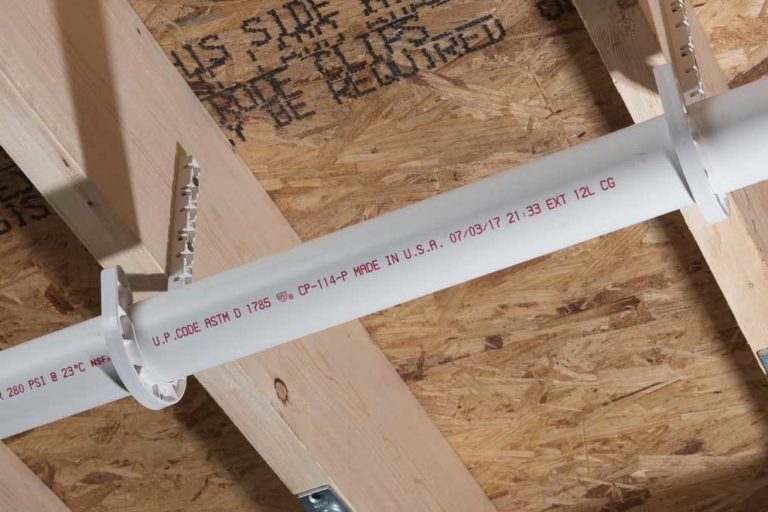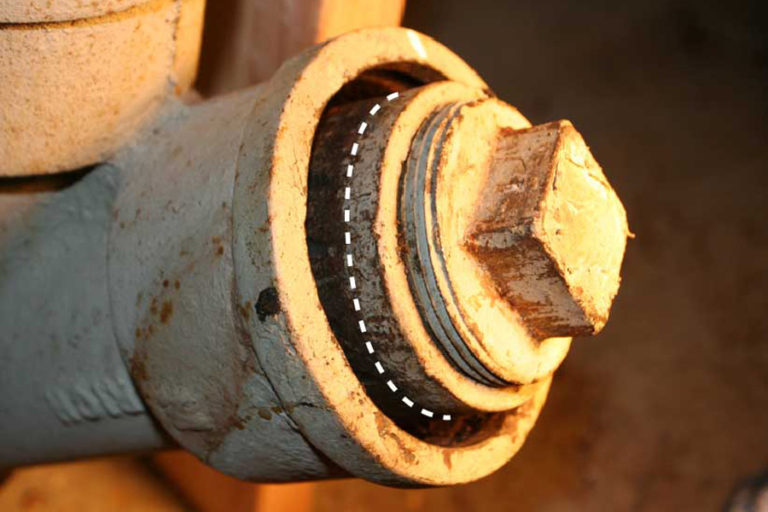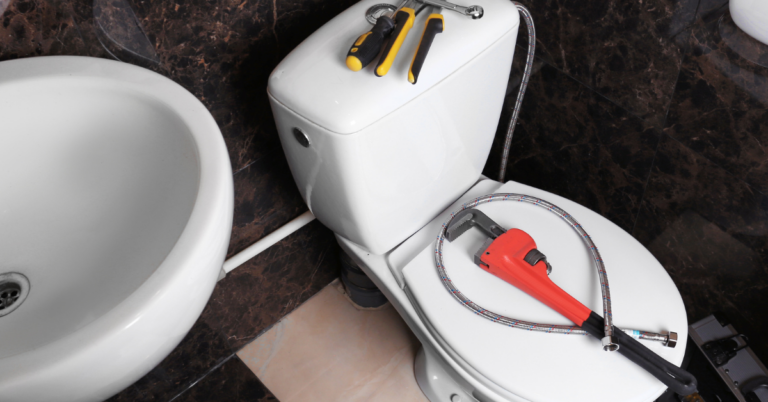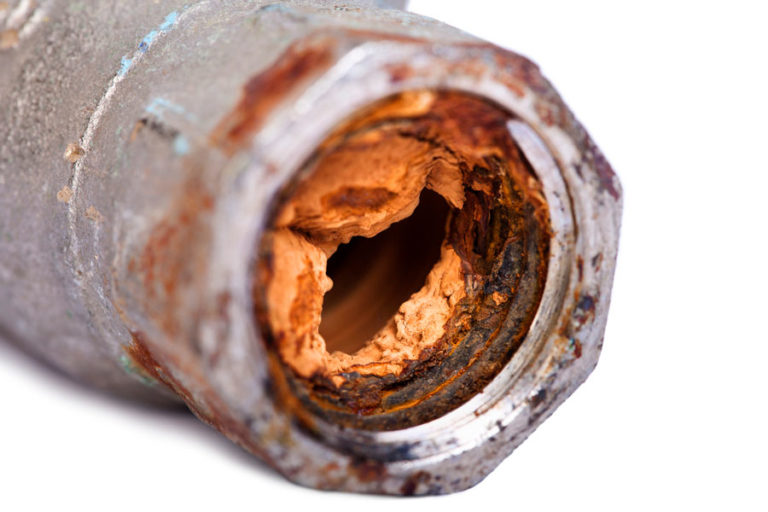Sewer Gas; What Is It and Why Do I Smell It?
What is Sewer Gas?
Sewer gas is a combination of gasses (both toxic and nontoxic) that produces a bad odor. Once human waste begins to break down, the gas begins to produce. Your plumbing will prevent this smell and properly contain it, but if something goes wrong, it could get through. These gasses are a common sign of a leak in your plumbing system. The smells are normal, but they shouldn’t be able to get through. While these gasses can be dangerous, they are usually not a concern for your health. Sewer gas typically contains the following gasses; ammonia, methane, carbon dioxide, and hydrogen sulfide.
What Does Sewer Gas Smell Like?
Gas always has a distinct smell. Sewer gas has a “rotten egg” smell that comes from the hydrogen sulfide. If you notice this smell, check your fridge first to make sure you don’t have actual eggs rotting. If your fridge is clear, then you probably have a plumbing problem that is allowing these gasses to get through.
What Causes the Smell?
Sewer gas is created from human waste, but why can you never smell it unless something is wrong with your plumbing? Your plumbing secures these gasses and prevent the smell from reaching your nose. Once something malfunctions in your drains or pipes, they will not be able to remove the gasses.
Clogged Drains
A drain’s main purpose is to take waste from the source to your septic tank. If they clog, a sewage backup may occur. This will create a sewage smell in your home from the gasses that aren’t able to be hidden.
Leaking Pipes
Whether the leak is big or small, it can create a large problem. A leak can allow the waste to escape from the pipes and release the sewer gas. Once there is a leak, the seal that contains the gas is no longer effective.
Blocked Air Vents
Air vents circulate air and remove gasses away from your home. If your air vent has blockages, it may not be able to properly circulate the air and remove the gasses.
Cracked Sewer Pipes
Sewer pipes contain the smell of sewer and their gasses. If these pipes crack, the gas will be able to make its way into your home.
How to Identify Sewer Gas
If you have sewer gasses lingering around your home, there are some signs that you may notice. The most common sign is the smell of rotten eggs, but there are other things to look out for too. Other signs to look for are;
- Headaches
- Nausea
- Dizziness
Can Sewer Gas Make You Sick?
It is possible for sewer gas to make you sick. There are three gasses commonly found in sewer gas that can make you sick.
Ammonia: Exposure to high levels of ammonia can cause burning in your throat, eyes, and nose. This is not common with sewer gas because it is not the main gas found in sewers. It is still something to look out for.
Hydrogen Sulfide: Hydrogen sulfide is the most common gas in sewers. It is toxic if you are exposed to it in large quantities. Some common signs of hydrogen sulfide poisoning are; dizziness, weakness, headache, upset stomach, coma, apnea, insomnia, and irritability.
Methane Gas: Methane is not toxic, but there are other problems that can occur if it is lingering in your home. It is very flammable, so it could result in a fire hazard when mixed in large amounts with ammonia.
If you notice any of the symptoms above, look for a clog, leak, or crack in your plumbing. If you are able to find it, call your local plumber to fix it. In the meantime, open your windows and turn on fans to allow the air to circulate. If you are not able to find where the gas is coming from, call your plumber to locate the problem.
Final Thoughts
Sewer gas doesn’t just smell bad, but it can also cause problems to your health. Make sure to properly vent your home by opening windows and turning on fans to circulate air in your home. This will help remove the toxic gasses that could cause health issues. The release of these gasses is commonly caused from clogs in drains, leaking pipes, blocked air vents, and cracks in sewer pipes. A plumber will be able to find the problem and fix it for you to stop the gas from entering your home.
Call 1-Tom-Plumber
Don’t hesitate to contact us here or call us at 1-Tom-Plumber (1-866-758-6237) if you need any plumbing, drain cleaning, or excavation service. 1-Tom-Plumber’s certified team of plumbers and drain technicians respond immediately to any emergency plumbing, drain cleaning, or water damage problem. We also handle the excavation of underground water lines and sewer main lines. Our immediate-response team is available every day and night of the year, even on holidays.
